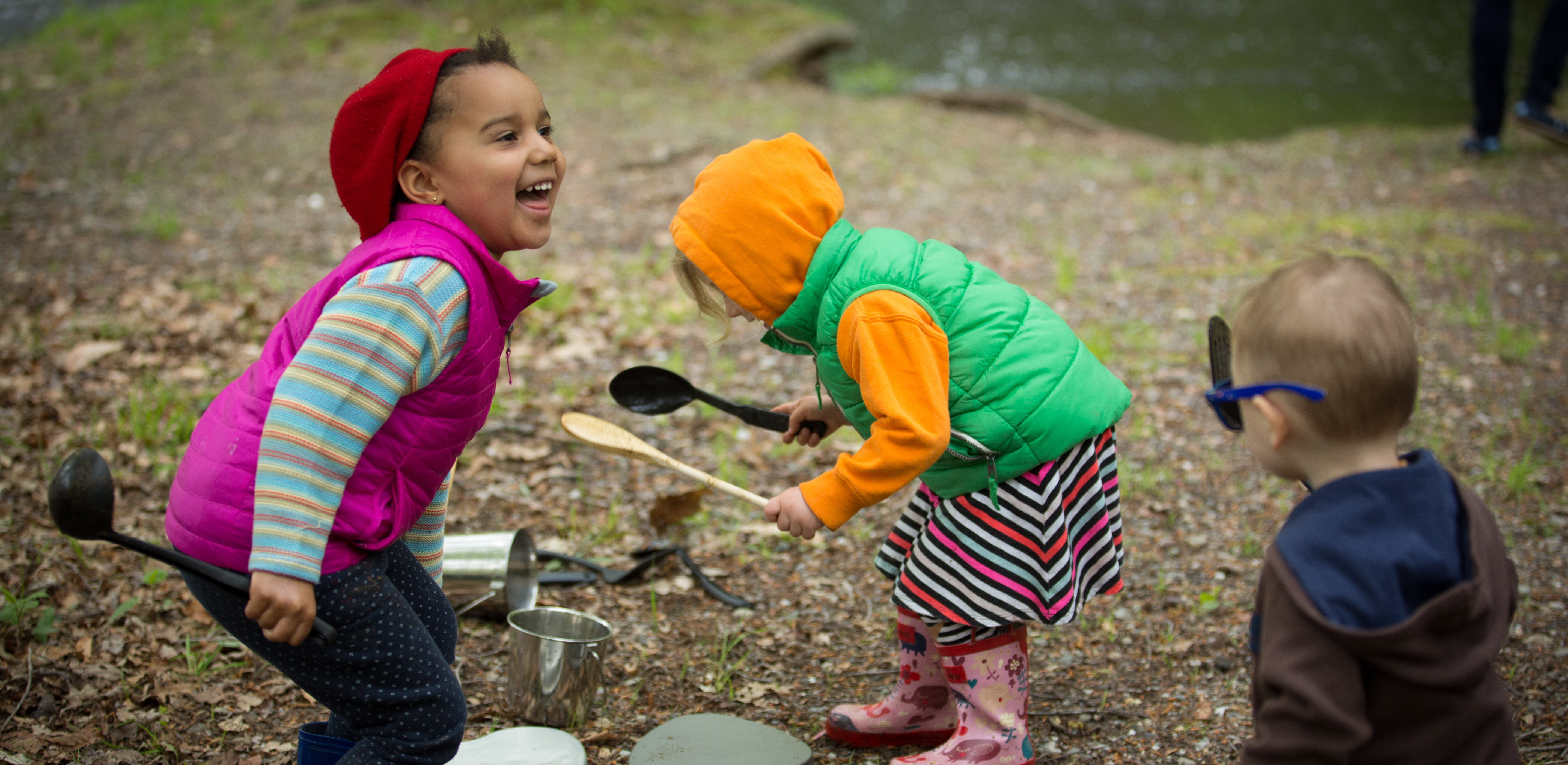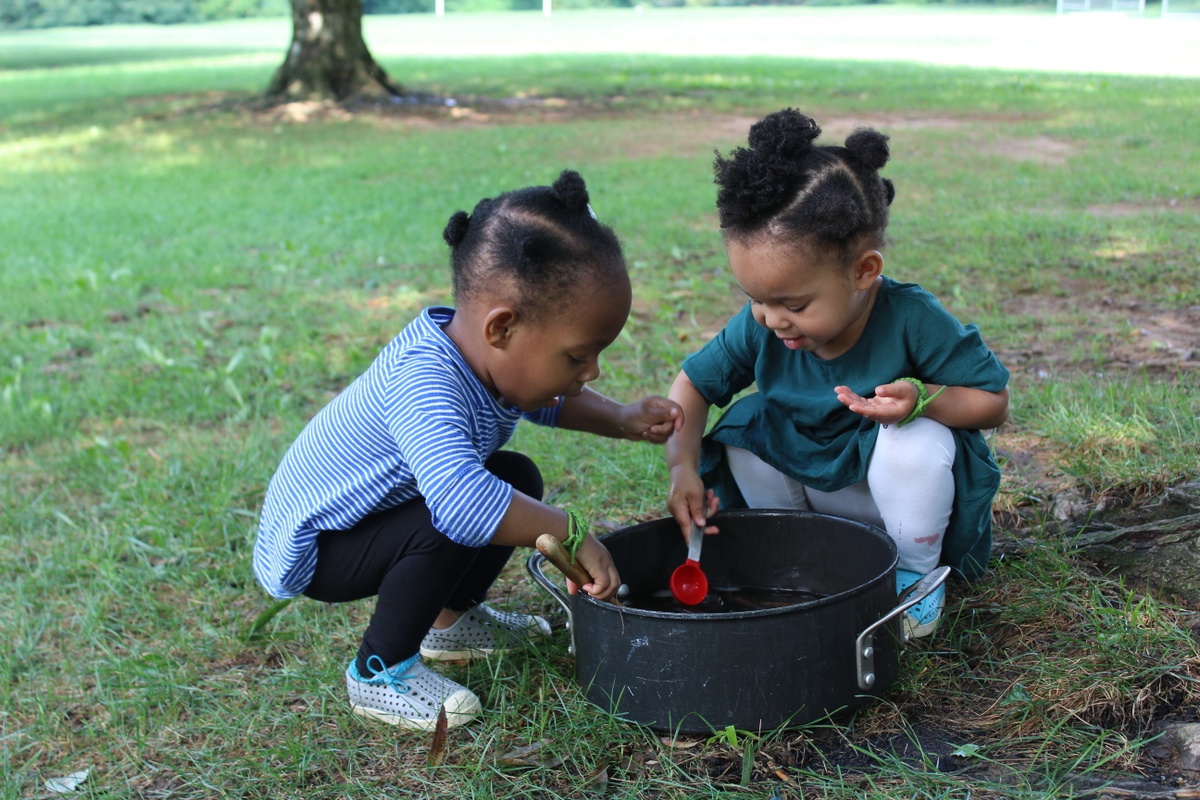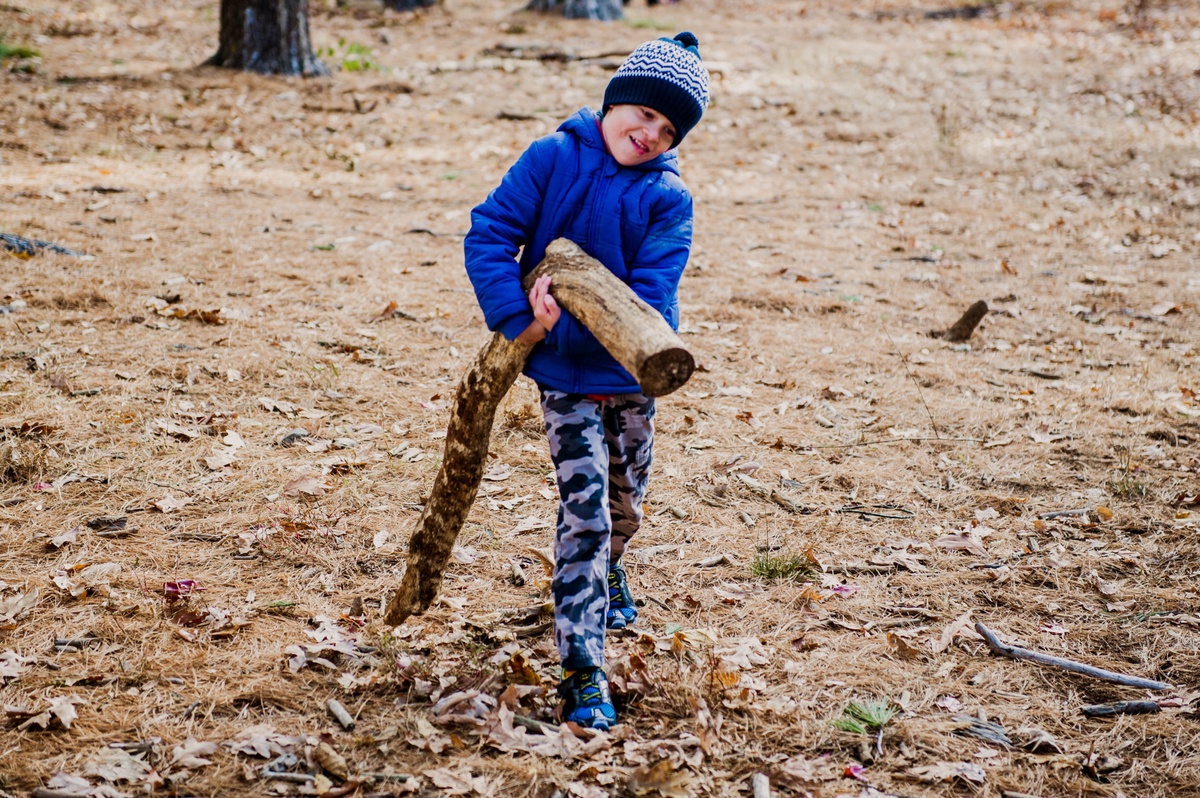Two years ago, at the LEGO Idea Conference, a convening of playful learning experts, a small group of us were asked to brainstorm how to help parents understand the value of play. I still remember how one attendee put it simply (and in a lovely Danish accent):
“Parents need to realize two things: They are their children’s best teacher; and their best tool for teaching is play.”
I had no idea it would take a pandemic to experience what he was talking about, but here we are.
Across the country, temporary school closures are turning into permanent distance learning for the remainder of the school year. Parents have been thrust into the role of teacher whether we like it or not. We’re stressed out by trying to work and educate kids simultaneously and all of us — big and small —could use a break from the pressure of outsized academic expectations.
Parents are looking for reliable ways to engage their kids during the day; and we all want our kids to learn and thrive. Well-designed play experiences provide an ideal way for children to learn a whole range of social, physical and cognitive skills. And, when kids get lost in play, they can maintain joyful focus all on their own—giving us the free time we need.
“Play is also the original school, far more effective than anything society could invent.” — Dr. Gordon Neufeld
So here’s a few of the top reasons to why play is so important — at this moment, and forever — and how we can help our kids lean into it.
Kids are designed for play.
“When given the opportunity, children of all ages, including infants, spontaneously engage in play.” —Harvard Center on the Developing Child
Kids are driven to play and designed to learn from it. The trick is, their time to play — especially outdoors— has dwindled in recent decades. Classrooms have become far more teacher-directed, designed around learning discrete academic skills. Home lives have become more structured, scheduled and indoor.
In quarantine, though, so many of the structured activities that once filled kids’ time have suddenly disappeared, leaving space again for play. For many of us, especially our kids, this shift just might be a silver lining.
Plus, play is joyful.
We need joy every day—and we need it especially these days. Want a dose of what we mean? Check out recent images of kids leaping and climbing their way through their own obstacle courses or kids mixing, mashing and pretending with potions.
And, play is learning.
And, we can feel great about play—especially during this time when we need to figure out how to teach our kids. Science tells us that it is through play that children develop the social and emotional, physical and cognitive skills they need to learn, thrive and be ready for an ever-changing future. And, during the critical early years, when 90% of the brain develops, play actually develops the brain. According to the American Academy of Pediatrics, play literally leads to changes at the molecular, cellular, and behavioral levels (socioemotional and executive functioning skills). When we can provide well designed play experiences for our kids, we also help kids build the foundation of important future skills quite naturally—skills like creativity, empathy, persistence and problem solving.
But, what is purposeful play, exactly?
Part of play’s struggle to win out over structured learning programs is due to the wide range of meaning people assign to the word play. At Tinkergarten, we design for purposeful play—the kind of play that helps kids become healthy, capable and confident learners. We use a research-based set of 6 criteria to identify purposeful play:
- PLAY IS PLEASURABLE. If it’s not fun, it’s not play.
- PLAY IS INTRINSICALLY MOTIVATED. Children engage in play simply for the satisfaction the experience itself brings.
- PLAY IS PROCESS-ORIENTED It’s the process, not the product that matters most.
- PLAY IS FREELY CHOSEN. Play is spontaneous and voluntary. Although adults create environments that support children’s play, play is initiated and sustained by the child.
- PLAY IS ACTIVELY ENGAGED. Players must be physically and/or mentally involved in the activity. Engagement can take many forms.
- PLAY IS NON-LITERAL. Play involves make-believe and flexible ways of using objects and characters.
Krasnor & Pepler; Rubin, Fein, & Vandenberg
Knowing these criteria can help, but it can also help to have a source of play activities designed to fit these criteria—designed to inspire independent, purposeful play. That is why we’ve spun up our Tinkergarten At Home program to provide weekly plans, engineered to give you the starting place and the steps that help you set kids on their way to play each day.
Screens can teach our kids, but play helps us find the balance.
High quality digital resources can provide kids with super learning opportunities, but all kids, especially young kids, need to balance screen time. We know this, too; what kid’s behavior doesn’t go a bit awry when they’ve spent too much time staring at a screen? We can support kids by limiting screen time to appropriate doses and making sure kids learn offline in between.
For example, Khan Academy Kids designed learning experiences to range from 5 to 20 minutes and promotes scheduling technology in discrete blocks, no more than 30 minutes at a time. In the balance, kids need chances to move, explore, use their many senses and enjoy hands-on lessons. Enter: play.
Sold, but unsure where to start?
Start by making sure you’ve got time for play in your daily schedule. And, if you haven’t yet, join us! Each week, we share a new set of do-it-yourself play activities with parents through our free Tinkergarten At Home program. We include the inspiration and the how-to info you need to do our activities, using whatever you have on hand, in whatever version of outdoors you have available to you. Or, just try a few of these tips for adding more independent play to your kids’ day to day. However you go from here, we wish you days buoyed by play!


